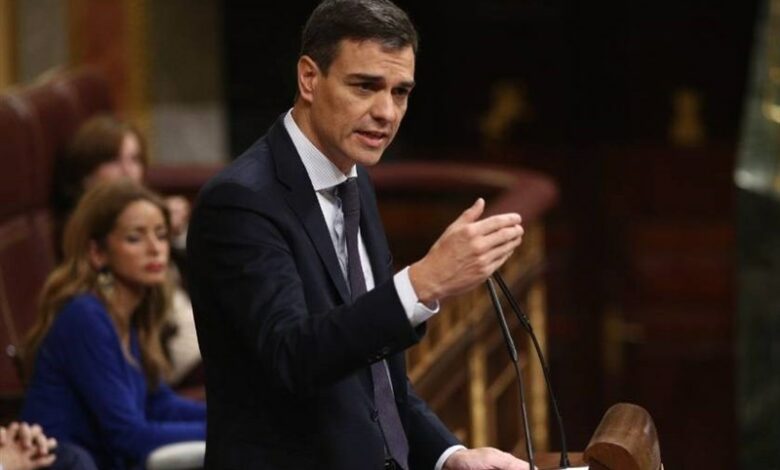Spain accepts international mediation for reconciliation with Catalan separatists

| The new government of Spain led by "Pedro Sánchez", who agreed to an agreement with the separatist parties to form a new government, has accepted international mediation in Switzerland for the first time to resolve the conflict with the separatists of Catalonia and has started secret negotiations. |
In this way, the controversial amnesty of Catalan separatists is coming from a political point of view. Spain’s ruling Socialists (PSOE) are now in talks with Carles Puigdemont about a new Catalan independence referendum. On Saturday in Geneva, a delegation from the separatist party Younes Puigdemont met with the negotiators of Pedro Sánchez’s PSOE for the first secret round of talks. Sanchez, the Prime Minister of Spain was reinstated. Both sides, according to their statements, are trying to find a political and negotiated solution to the conflict.
These meetings and negotiations will be held outside Spain because Puigdemont, who fled to Belgium in 2017 , as long as the amnesty has not yet been implemented, he is still threatened with arrest in Spain.
This time, Sánchez went further than previous Spanish governments because they had all rejected international mediation in the Catalan conflict. . At first, it was only announced that at least one foreign “validator” would monitor the progress of the negotiations. But then the Spanish press introduced a mediator: he was Salvadoran diplomat and refugee expert Francisco Galindo Velez. Sudan’s Darfur province mediated and helped destroy the Basque terrorist organization ETA, but also had contact with Catalan separatists for years. Javier Solana, the honorary president of the center, is a former Secretary General of NATO of Spanish origin. The opposition PP, which called its fourth major demonstration against the amnesty in Madrid, called on the government to clarify the secretive talks, which are “humiliating” for Spain.
Sanchez admitted in a television interview that the amnesty was a step It is not the next one that I wanted to take; But part of his policy is to normalize the situation in Catalonia. “Felix Bolaños”, the new Minister of Justice of Spain, last week in Brussels tried to reassure the European Union Commissioners, Vera Jourova and Didier Reynders. According to him, the EU Commission should have “no worries” about this draft law, which the Parliament has not discussed yet. A spokesman for the commission denied this, saying “we have questions” and “the analysis is still ongoing.”
The implementation of the law is likely to take a long time as the PP and the right-wing populist party Vox want to go to the constitutional court and use their absolute majority in the second parliament to postpone the amnesty plan considered by Sanchez for months. The courts will then have to decide whether the law applies to the roughly 300 Catalan separatists against whom criminal cases are still pending.
Many judges are expected to Complain to the Constitutional Court and possibly the European Court of Justice, which could lead to further delays. This also applies to the possible return of Puigdemont and the candidacy of his former deputy, Eriol Juncras, in the regional elections of Catalonia in 2025. The former general secretary of the ERC party, Yonkras, who was pardoned in 2021, is still not allowed to run for any elected position. Pedro Sánchez, despite widespread criticism and opposition to the separatists of Catalonia, to form a government. A future coalition has reached an agreement, and during this agreement, he agreed to their demands for amnesty for some members of this party.
Catalan separatists had made amnesty a condition of their support for Sanchez.
end of message/
| Publisher | Tasnim News |


